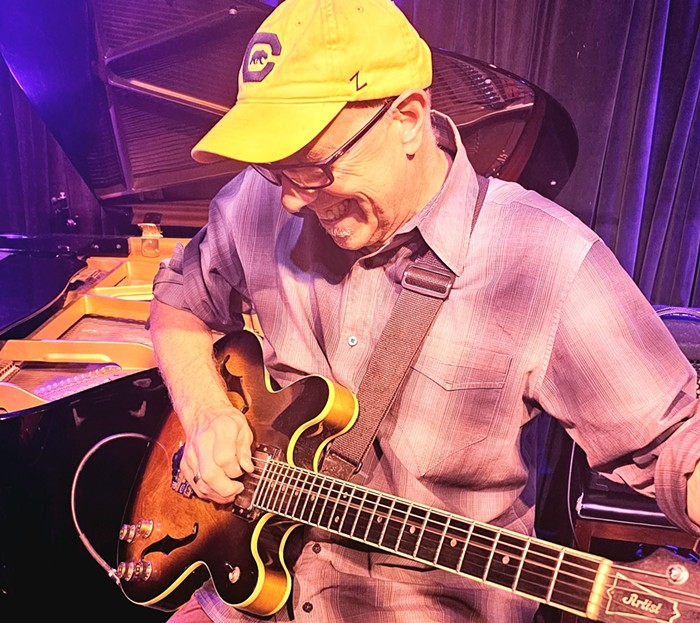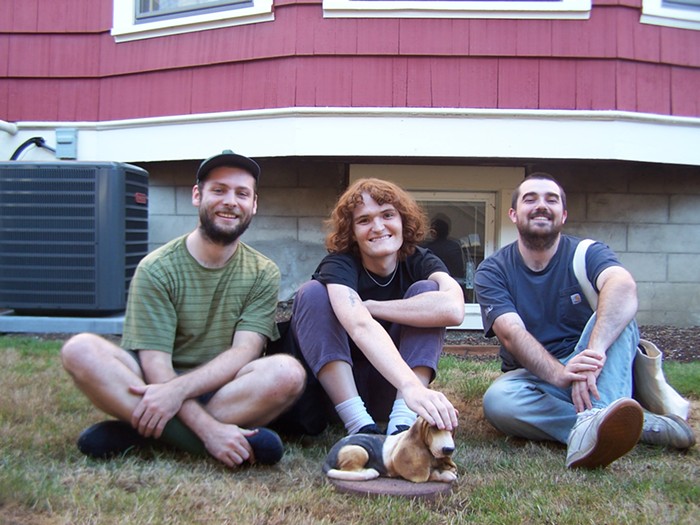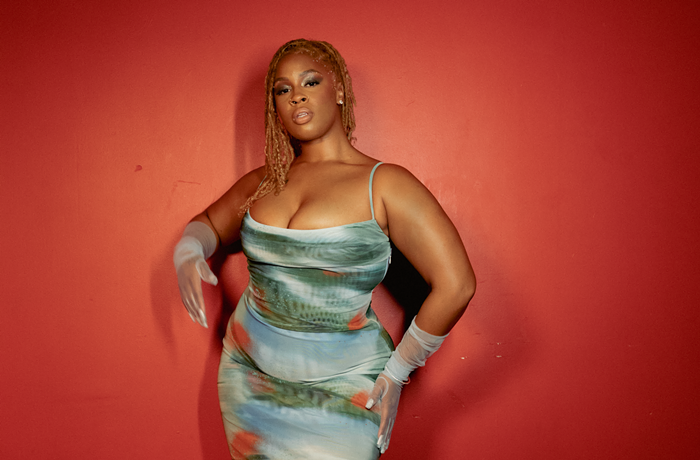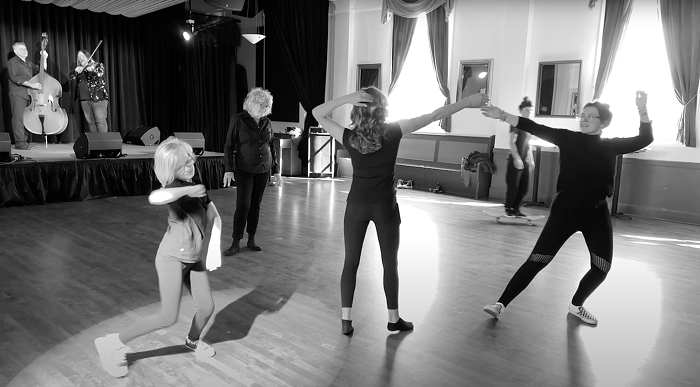KARP were three friends who played chugging, gnarled, fun-loving thrash—heavy ideas exorcised with a scream and a wry, electric smile. Like a 300-foot-tall tree struck by lightning and set ablaze and sent screaming down to thud upon wet earth, KARP were quintessentially Northwest. No surprise, then, that they came from the outskirts of Olympia, Washington. Bill Badgley grew up in Yakima, a three-hour drive from that burgeoning beacon of indie rock, and as a teenager, he felt Olympia's pull. The pilgrimages began in high school. There, in the mid-'90s, he met Ben Wildenhous and Beau Boyd.
"We had a mutual upbringing in the Olympia punk scene," remembers Wildenhous. "And, like all teenagers in that scene, we loved KARP."
In 1998, a year or two out of high school, Badgley convened with Wildenhous and Boyd in Bellingham, where they began Federation X. And while the trio's tenacity was certainly sparked by KARP's exuberant pummeling, they embraced more than just the sound.
"There was a tremendously special thing going on with the friendship of those guys," Badgley says. "With KARP it was so fucking obvious to everybody. It was obvious in the music. It was obvious in the stage performance, especially."
Along with Wildenhous and Boyd, Badgley found a similar kinship. "It was a bit of a love story," Badgley says. "We were in love with each other from the very beginning."
In 2001 Federation X released American Folk Horror, a gnarly, skulking record that sounds as if stoner rock's heavy steel truck got wrapped around folk's telephone pole—a collision of metal with chunky, splintered wood and whiskey's breath beneath a full moon. That same year Badgley moved to New York City, hoping his bandmates would do the same. They did not (though Wildenhous eventually would in 2005). Undaunted, Fed X soldiered on.
"It hardly changed anything for us," Badgley says of the group's becoming bi-coastal. "We toured really heavy until 2006." In that time they released two records: 2003's X Patriot, aided by the production of Steve Albini, recalls a more growling, less wailing Nirvana, as if Cobain coveted the Melvins a little more than he did the Beatles; 2005's Rally Day continues the smelting of those leaden riffs with more hummable—though no less caustic—vocal melodies. Eventually, though, "beating the streets" on tour, as Badgley calls it, became too much.
In 2006, Federation X took a yearlong break. Wildenhous got a masters degree in Middle Eastern Studies and started a family. Boyd continued writing music in Bellingham. And Badgley, after relocating to Portland, began driving for Radio Cab, smoking pot, and feeling aimless. In 2007 he had an epiphany—it was time to make a documentary. To get a toehold in the industry he returned to New York. But he already had his subject: KARP.
While working on the film, Federation X played and wrote sporadically, but not as much some fans would've liked. As former Seattle Stranger Music Editor Grant Brissey wrote in a 2010 blog post titled "Federation X Are Missed": "[American Folk Horror] remains one of my favorite rock records of all time." (For what it's worth, this writer prefers X Patriot.)
Badgley finished Kill All Redneck Pricks: KARP LIVES! 1990-1998 in late 2011 and left immediately on a three-month screening tour. "We showed it over 70 times in nine countries in three languages," he says, beaming. (Badgley is now working on a second feature, chronicling the Check Yo Ponytail concert series.)
"I think the reason I was drawn to the KARP doc," Badgley says, "was because I have a very similar relationship with my bandmates, And this is a way for me, through talking about [KARP], to go through my emotions and my relationship with my own band."
With the film's weight off his creative shoulders, Badgley sees his focus shifting back towards music to the Northwest. An album's worth of new Federation X material is written and scheduled to be recorded this spring. Of the new songs, Badgley feels as if the band is "having our cake and eating it too," furthering the mix of "beautiful melody over the top of really big riffs." Fifteen years in, Badgley says, "I feel like we've kind of started to harness that."
But that Federation X find themselves not only still together but also invigorated after all this time comes as little surprise. "It's just one of those things you can't break up," Badgley says. "You can't call up your brother and tell him he's no longer your brother. He's always your brother."



















